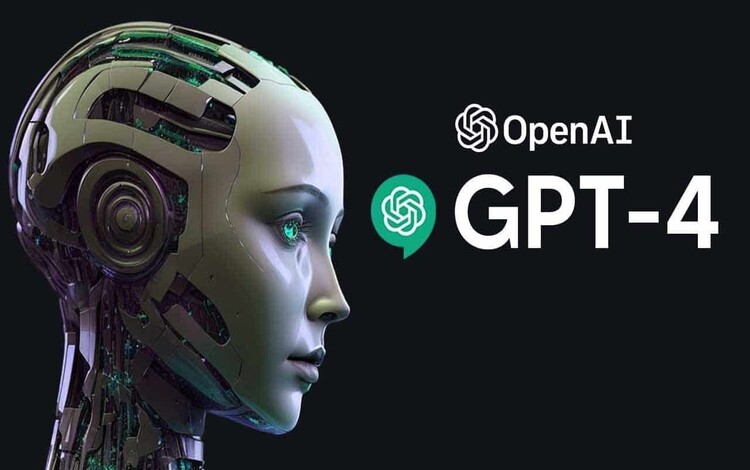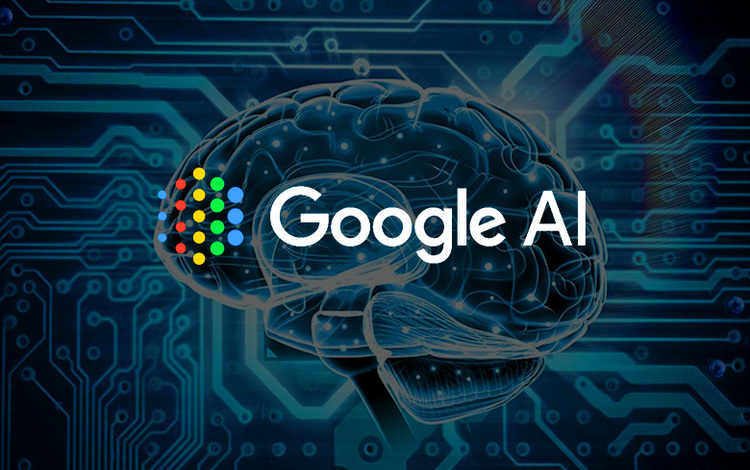In recent years, the rapid advancement of artificial intelligence (AI) has transformed the way we live, work, and interact with the world around us. From virtual assistants and personalized recommendations to autonomous vehicles and smart home devices, AI has become an integral part of our daily lives. This article explores the profound impact of AI on various aspects of our everyday life.

One of the most noticeable areas where AI has made significant inroads is in the realm of personal assistants. Voice-activated AI systems, such as Google Assistant, Siri, and Amazon’s Alexa, have become ubiquitous, helping users perform tasks, answer queries, and control smart devices through simple voice commands. These virtual assistants not only streamline daily activities but also adapt to users’ preferences over time, providing a more personalized and efficient experience.
AI’s influence extends beyond personal devices to shape our online experiences. Search engines, such as Google, have leveraged AI algorithms to deliver more accurate and relevant search results. Through machine learning, search engines can understand user intent, context, and preferences, providing users with tailored results. This not only saves time but also enhances the overall search experience, making it more intuitive and user-friendly.
Moreover, AI has revolutionized the way businesses operate and serve their customers. Chatbots powered by AI are now commonly used in customer service, providing instant responses to queries and offering solutions 24/7. This not only improves customer satisfaction but also reduces the workload on human customer support agents, allowing them to focus on more complex issues.
In the field of healthcare, AI has made significant strides in diagnostics, treatment planning, and drug discovery. Machine learning algorithms can analyze vast amounts of medical data to identify patterns, predict diseases, and recommend personalized treatment plans. This not only accelerates the decision-making process for healthcare professionals but also improves patient outcomes.
The automotive industry has also embraced AI with the development of autonomous vehicles. Advanced driver-assistance systems (ADAS) use AI to enhance vehicle safety by providing features such as lane-keeping assistance, adaptive cruise control, and automated parking. As technology continues to evolve, the prospect of fully autonomous vehicles becomes more tangible, promising to revolutionize transportation.
While AI brings about numerous benefits, it also raises ethical and privacy concerns. As AI systems become more integrated into our lives, it is crucial to address issues related to data security, bias in algorithms, and the potential impact on employment. Striking a balance between technological innovation and ethical considerations is essential for a sustainable and responsible integration of AI into our daily lives.

The impact of artificial intelligence on everyday life is profound and multifaceted. From personal assistants and online search experiences to healthcare, business operations, and transportation, AI is reshaping the way we live and interact with the world. As we navigate this technological landscape, it is essential to consider the ethical implications and strive for a harmonious coexistence between humans and AI.
